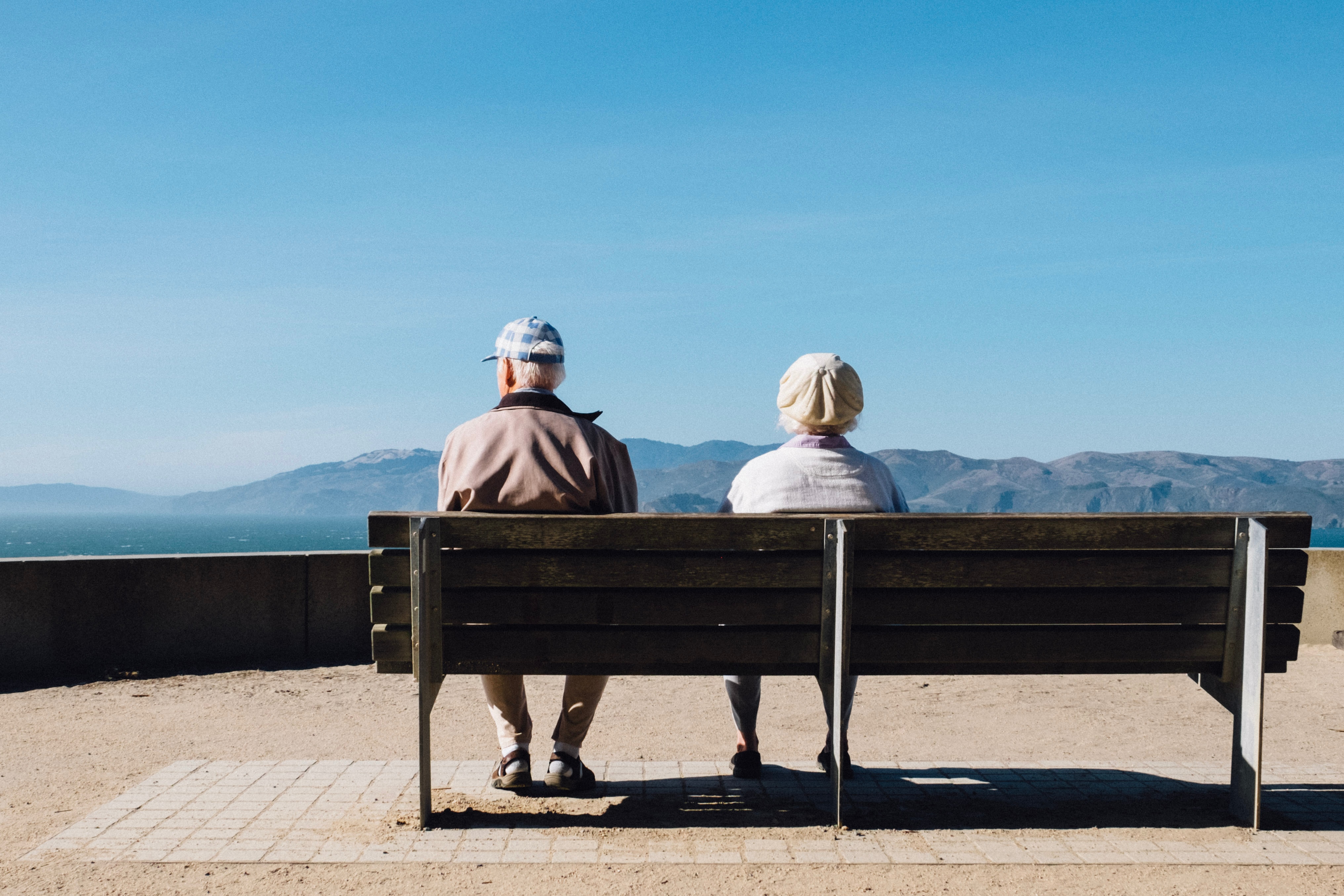Phoebe
“I’m now an orphan.”
“Pardon?” was the reply. I then explained what I meant.
The impact is naturally not the same if I truly were an orphan. Or, not the same if both (or either) of my parents had died whilst I was still a child or a teenager, but it is impactful nonetheless; and something that affects us all at some stage. I lost my father when I’d just turned 30, and my mother 20 months ago; I was 52.
Some of you will also be orphans, some will not, and some will have buried one parent, waiting for the inevitability of the other parent at some point – not considering that you may possibly precede them.
It should be the natural order of things, it’s no surprise – we bury our parents and our pets – but it doesn’t feel very natural. After my father’s death, the realisation that we are indeed mortal, that is what happens to us was, to be honest, a surprise!
The finality of losing a parent is difficult to comprehend. Your parents (or parent) have always been there; a part of your life. Your Dad and/or your Mum have been alive and present in the living world since you can recall your first memory. So, when they are no longer around, it’s strange, the permanence of it is stark, it’s not how it should be and your equilibrium is now off-balance, your path is disrupted.
They are no longer on the end of the phone, picking you up from sports practice, cooking your favourite meal, or bringing in that much-needed sympathy and a therapeutic bowl of soup when you’re ill – or going to walk you down the aisle.
You’ve lost your biggest supporter and fan you’ll ever have, and for some, possibly the only person in the world who knows you best; knows your weaknesses, but more importantly your strengths.
When your other parent dies, aside from grieving that loss, it inevitably brings back the first parent’s death, funeral and associated memories; along with sadness at the ‘end of an era.’ And truly the end (in my case) as both parents were children of World War II. Naturally, they had quite a different upbringing to mine and certainly to my children’s.
There’s the personal grief, but also another sorrow that a unique, tough, stoic and special generation is disappearing. Looking at old photos of their smart suits, classy dresses, immaculate hairstyles and dance-hall scenes of the late 40s and early 50s saddens me more.
I would like to have been born then, to know them – a ridiculous and impossible thought, I know. I would time-travel to observe my parents in their youth: as young, vibrant, hopeful, energetic, aspirational, stylish, handsome people in their teens and twenties. The downside of having parents is you only ever see them as parents: always old, pedestrian, disciplinarians, stuck in their ways, and never as they truly were – until their funeral. If you’re lucky, a speech or eulogy from an old childhood friend poignantly tells you exactly what they were like, and maybe something about them that you never knew.
A brief, but powerful insight into the person they were, and for a moment you forget that they were old, ill, forgetful, frail, confused, and ‘just your parent’; but that they were full of life, vitality, humour, mischief, fun – with hope and dreams for the future.
So you cling to that old black and white photograph of a smiling, happy, pretty bride on her wedding day, in an elegant ivory dress with a pearl tiara and veil. And a 21-year-old man leaning on the railings of a ship, bound for England in 1950 – with swished-back jet-black hair, mischievous and adventurous eyes, open shirt, dress pants and jacket. A permanent and special reminder of who your parents really were.

